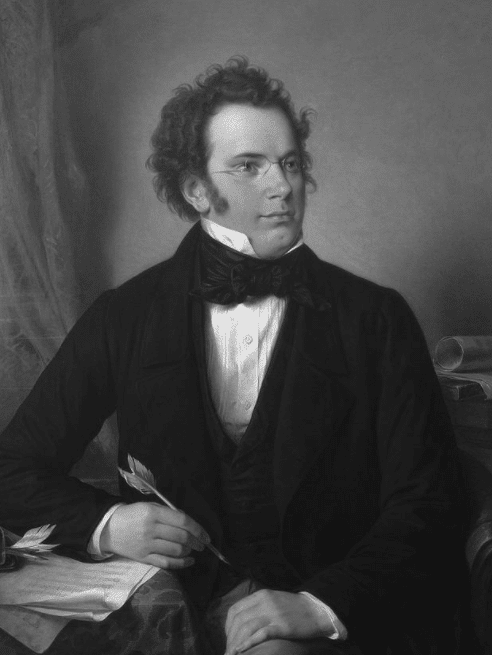-
Beethoven’s Pathetique Sonata, 2nd Movement – Played by Cory Hall
…sight-reading and music theory. Test your sight-reading abilities with PianoMarvel’s app, and read Bach Scholar’s article on the art of sight-reading. Get the world’s #1 sight-reading system in book or…
-
Beethoven – Für Elise
…she declined his proposal. When the piece was published in 1865, the discoverer mistranscribed the title as “Für Elise.” The autograph is lost. Another theory is that ‘Elise’ was used…
-
Beethoven’s Moonlight Sonata, 1st Movement – Played by Cory Hall
Learn piano, sight-reading, and music theory from pianist-composer Cory Hall at wellroundedpianist.com. Test your sight-reading skills at pianomarvel.com. Get the book “Teach Yourself to Play Piano” on Amazon. Read an…
-
Leonard Bernstein
…their house. This sparked a self-taught exploration of piano and music theory, eventually leading to formal piano lessons. As a young pianist, Bernstein seized every opportunity to perform. He would…
-
Zdeněk Fibich
…echo in his compositions. Fibich’s initial foray into music was guided by his mother, who introduced him to the piano. His formal education in music theory began under the tutelage…
-
Manuel Ponce
…of 18. He continued his music education at the National Conservatory, where he studied solfege, music theory, and analysis. However, already possessing advanced musical knowledge, Ponce found the curriculum at…
-
Aaron Copland
…a concert by the Polish composer-pianist Ignacy Jan Paderewski, Copland decided to become a composer. He began formal lessons in harmony, theory, and composition with Rubin Goldmark, a renowned teacher…
-
Franz Schubert
…composer of the time, hailed him as a “musical genius” and provided him with extensive training in music theory and composition. Schubert: The Schoolmaster and The Composer In 1814, Schubert…
-
Sergei Rachmaninoff
…Musical Prodigy in the Making Under Zverev’s strict tutelage, Rachmaninoff honed his skills as a pianist. Alongside his piano lessons, he also studied music theory and composition at the Moscow…
-
Arnold Schoenberg
…to take music seriously. At the age of 16, he started studying music theory with Zemlinsky, a composer and conductor who would later become his brother-in-law. Early Career Schoenberg’s early…
-
Richard Strauss
…was a teenager, his compositions were already showing a sophisticated understanding of harmony and orchestration. He studied music theory and composition with Friedrich Wilhelm Meyer, and his early works, including…
-
Jean-Philippe Rameau
…His Gavotte et Six Doubles is a dazzling set of variations that requires technical brilliance. Opera Career Begins Despite his success in music theory and harpsichord compositions, Rameau longed to…












